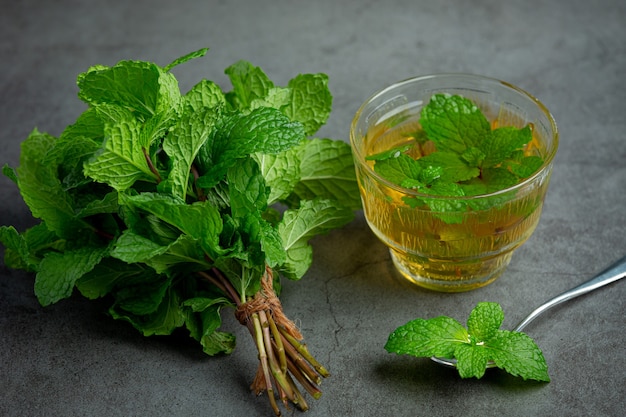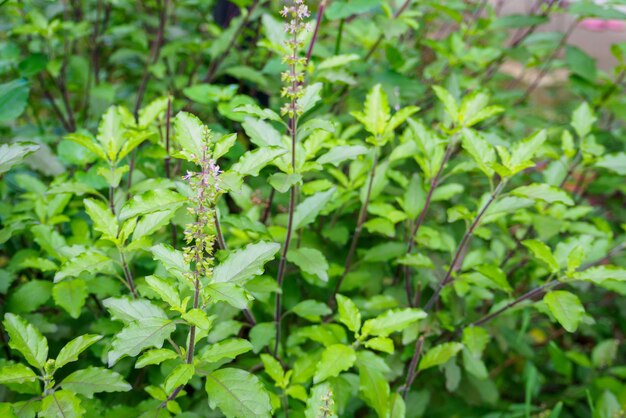Chronic Cough Treatment in Ayurveda – Natural Holistic Remedies

Introduction to Chronic Cough Treatment in Ayurveda
Chronic cough can be a persistent and disruptive condition affecting daily life. Ayurveda offers a natural, holistic approach to treating chronic cough by addressing the root causes rather than merely suppressing symptoms. By focusing on balancing the body’s doshas and eliminating toxins, Ayurvedic treatments aim to soothe the respiratory system, reduce inflammation, and restore overall health. Incorporating these natural remedies into your wellness routine can help alleviate chronic cough symptoms and promote long-term healing.
Don't wait or self medicate. Start chat with Doctor NOW
Historical Roots & Ayurvedic Significance
Ayurveda, an ancient system of medicine, has long emphasized the importance of a balanced respiratory system for overall well-being. Chronic cough is often seen as a manifestation of imbalances in the doshas, particularly Kapha and Vata. Traditional Ayurvedic texts detail various herbs and therapies used to strengthen lung function, clear phlegm, and calm the cough reflex. The holistic approach of Ayurveda not only treats the cough but also aims to improve digestion and immunity, thereby addressing the underlying causes of respiratory discomfort.
Key Ayurvedic Components for Chronic Cough Treatment
1. Herbal Ingredients
Ayurvedic remedies for chronic cough include a blend of herbs known for their expectorant, anti-inflammatory, and immune-boosting properties:
- Tulsi (Ocimum sanctum): Revered for its antimicrobial and soothing properties, Tulsi helps relieve congestion and inflammation.
- Licorice (Glycyrrhiza glabra): Known for its demulcent effects, licorice calms irritated throats and eases cough.
- Ginger (Zingiber officinale): Ginger aids in breaking down mucus and has natural anti-inflammatory benefits.
- Pippali (Piper longum): This herb is effective in clearing respiratory passages and stimulating digestive fire.
- Vasaka (Adhatoda vasica): Vasaka is a potent herb for alleviating cough and improving lung function.
2. Ayurvedic Oils and Decoctions
Ayurvedic oils and decoctions are integral to chronic cough treatment. These remedies help lubricate the respiratory tract, ease breathing, and reduce irritation. Key formulations include:
- Herbal Steam Inhalation: Infusing water with essential herbs like Tulsi and Ginger can help clear nasal passages and soothe the throat.
- Decoctions (Kashayams): Traditional cough decoctions combine multiple herbs to maximize their expectorant and anti-inflammatory properties.
3. Diet and Lifestyle Adjustments
Diet plays a crucial role in Ayurvedic management of chronic cough. A balanced diet that pacifies Kapha and Vata doshas can significantly reduce respiratory congestion. Recommendations include:
- Light, Warm Foods: Favor easily digestible meals that do not overload the digestive system.
- Spices: Use warming spices such as black pepper and cinnamon to stimulate digestion and improve circulation.
- Hydration: Keeping well-hydrated is essential for thinning mucus and easing cough.
- Avoid Cold and Heavy Foods: These can aggravate Kapha, leading to increased phlegm production.
How Chronic Cough Treatment Works in Ayurveda: The Healing Mechanism
Ayurvedic chronic cough treatment works by restoring balance to the respiratory system and improving overall immunity. Herbal remedies reduce inflammation and eliminate excess mucus by stimulating digestive fire and enhancing metabolism. The targeted use of expectorant herbs helps to clear phlegm, while anti-inflammatory ingredients calm irritated tissues. Simultaneously, lifestyle and dietary adjustments support systemic detoxification, ensuring that the underlying dosha imbalances are addressed. This integrated approach promotes long-term respiratory health and overall well-being.
Choosing the Right Ayurvedic Treatment for Chronic Cough
When seeking Ayurvedic treatment for chronic cough, it is essential to consult a certified Ayurvedic practitioner. Personalized treatment plans based on individual body types (Prakriti) and specific symptoms ensure optimal outcomes. Here are a few guidelines:
- Consult with Professionals: Professional advice guarantees that the chosen remedies are tailored to your unique needs.
- Opt for Organic, High-Quality Herbs: Authentic products enhance treatment efficacy.
- Be Consistent: Chronic conditions require time and regular application of prescribed remedies.
Recommended Ayurvedic Practices for Chronic Cough Treatment
- Herbal Inhalation: Regular herbal steam inhalation can help clear nasal passages and soothe the respiratory tract.
- Daily Herbal Teas: Incorporate herbal teas made from Tulsi, Ginger, and Licorice to reduce cough and support healing.
- Dietary Modifications: Adopt a balanced diet that minimizes Kapha aggravators and supports the immune system.
- Detoxification Practices: Engage in seasonal detox routines or Panchakarma therapies to cleanse the body of toxins.
Potential Side Effects & Precautions
While Ayurvedic treatments for chronic cough are generally safe, consider the following precautions:
- Allergic Reactions: Some individuals may be sensitive to specific herbs; always perform a patch test or start with a low dosage.
- Consultation Needed: Pregnant or nursing women should consult a practitioner before starting any new herbal regimen.
- Dosage Adjustments: Begin with lower doses and adjust gradually under professional guidance to monitor the body’s response.
Frequently Asked Questions for Chronic Cough Treatment in Ayurveda
How does Ayurveda address chronic cough?
Ayurveda addresses chronic cough by balancing the body’s doshas, reducing inflammation, and eliminating excess mucus using a combination of herbs, oils, and dietary adjustments. The treatment aims to resolve the root causes of cough rather than merely suppressing the symptoms.
What are the key herbs used in treating chronic cough in Ayurveda?
Key herbs include Tulsi, Licorice, Ginger, Pippali, and Vasaka. These herbs work synergistically to clear mucus, soothe irritation, and boost overall respiratory health.
Can herbal steam inhalation help with chronic cough?
Yes, herbal steam inhalation using ingredients like Tulsi and Ginger helps to clear nasal congestion and soothe the respiratory tract, making it a beneficial practice in managing chronic cough.
Are there dietary recommendations to support chronic cough treatment in Ayurveda?
Absolutely. Ayurveda recommends a light, warm diet that minimizes cold, heavy, or overly spicy foods. Emphasizing hydrating foods, warming spices, and easily digestible meals can significantly support respiratory health.
How long does it take to see improvements in chronic cough with Ayurvedic treatments?
Improvements can vary based on the severity of the condition and individual response to treatment. Typically, noticeable improvements may occur within a few weeks, though consistency in following the regimen is essential for long-term benefits.
Can Ayurvedic treatments for chronic cough be combined with conventional medicine?
Yes, Ayurvedic treatments can often be integrated with conventional therapies. However, it is important to consult with both an Ayurvedic practitioner and a healthcare professional to ensure the treatments complement each other safely.
Where can I find authentic Ayurvedic products for chronic cough treatment?
Authentic Ayurvedic products can be sourced from reputable Ayurvedic pharmacies, certified practitioners, or trusted online stores specializing in Ayurvedic remedies. Always verify the quality and authenticity of the products before use.
Conclusion & Expert Insights
Chronic cough treatment in Ayurveda offers a comprehensive, natural approach to managing persistent respiratory issues. By leveraging the healing properties of time-tested herbs, personalized dietary adjustments, and holistic detoxification practices, Ayurveda not only soothes the symptoms but also addresses the underlying imbalances causing chronic cough. Consulting a qualified Ayurvedic practitioner and committing to a consistent treatment plan can lead to effective, long-lasting relief and improved overall respiratory health.
References & Further Reading
- Lad, V. (2002). Ayurveda: The Science of Self-Healing.
- Sharma, P.V. (1995). Ayurvedic Healing: A Comprehensive Guide.
- National Institute of Ayurveda:
- Journal of Ayurveda and Integrative Medicine for research on herbal treatments for respiratory conditions.
Got any more questions?
Ask Ayurvedic doctor a question and get a consultation online on the problem of your concern in a free or paid mode.
More than 2,000 experienced doctors work and wait for your questions on our site and help users to solve their health problems every day.



